We want to leave linear flows and embrace circular!
Sustainability means a lot to many and so to us. We are passionate about finding solutions to utilize resources that would otherwise be wasted. Sustainable development means that we must be able to meet today's needs without jeopardizing future generations' opportunities to meet their needs. We simply want to be involved and contribute to handing over our planet in better condition and with better conditions to future generations. By drying materials with a high water content and making the material last longer and can be reused, can more efficiently utilize the earth's resources. We also work to optimize the energy of our solutions for each specific customer in order to have the least possible energy use. We want to be a driving force towards a circular society and work actively with the UN's global goals for sustainable development, we want to close the loop!
Some quick sustainability numbers:
The grains being recirculated from plant-based drink or beer production have almost 70% less CO2 equivalent than “virgin” grains from the field!
The total global volume of lost food potential is equivalent to 1,400,000 truckloads! This would be around 60 Evergreen Marines Golden class container ships every year.
Two tons of recirculated grain are equivalent to using a football field of farmland twice. Remember that the second time is “free,” by 1 get 1 free!
This approach has the lowest water use of any protein source!
Sustainability
We work actively with sustainability and specifically with the UN’s sustainability goals. In this work, we have identified which goals we can be involved in and influence. We have done this to make it easier to know where to focus and thus achieve a better result.
We hope to contribute to these goals through energy-optimized technical solutions for recycling residual products from food and other types of materials, which contributes to reduced raw material extraction, reduced emissions and water recycling.
For example, a dryer with a capacity of 1100 kg/h can reduce greenhouse gases by 980 tonnes of carbon dioxide per year if the dried oat fibers are used for food instead of feed, 1,900 tonnes of water can be recycled and 3,000 tonnes of valuable oat material can be reused.
For our technical solutions, we have chosen to focus on reuse, energy optimization and water recycling.
Within the Elajo Group, we also work with several aspects.
Read more


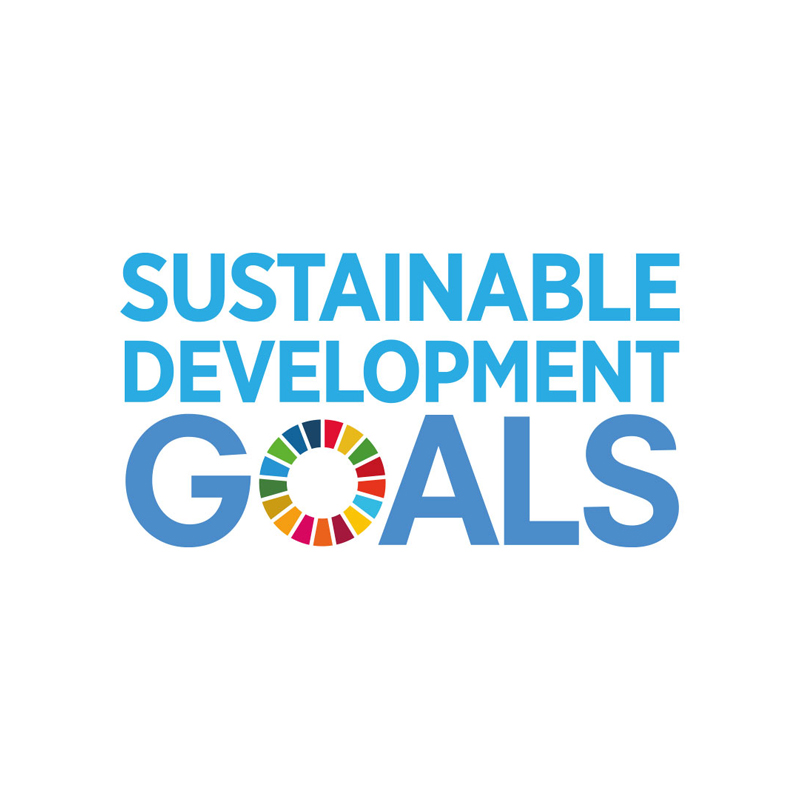
Zero hunger
No hunger means that hunger must be eliminated through secure food supply and improved nutrition, as well as the promotion of sustainable agriculture.
In this goal, we have selected two objectives that we can be involved in and influence through our operations.
Objective 2.4 Sustainable food production and sustainable farming practices
We contribute to this in sustainable food production through increased utilization of residual products that are returned to the food chain. This reduces the extraction of raw materials.
Objective 2.C Create stable markets for agricultural commodities and rapid access to market information
Here we want to create a demand for oat fiber residues from oat beverage production and similar residual products. Information will be released through our website and other channels about how these residual products can be used to create a market that leads to increased recycling.
Read more


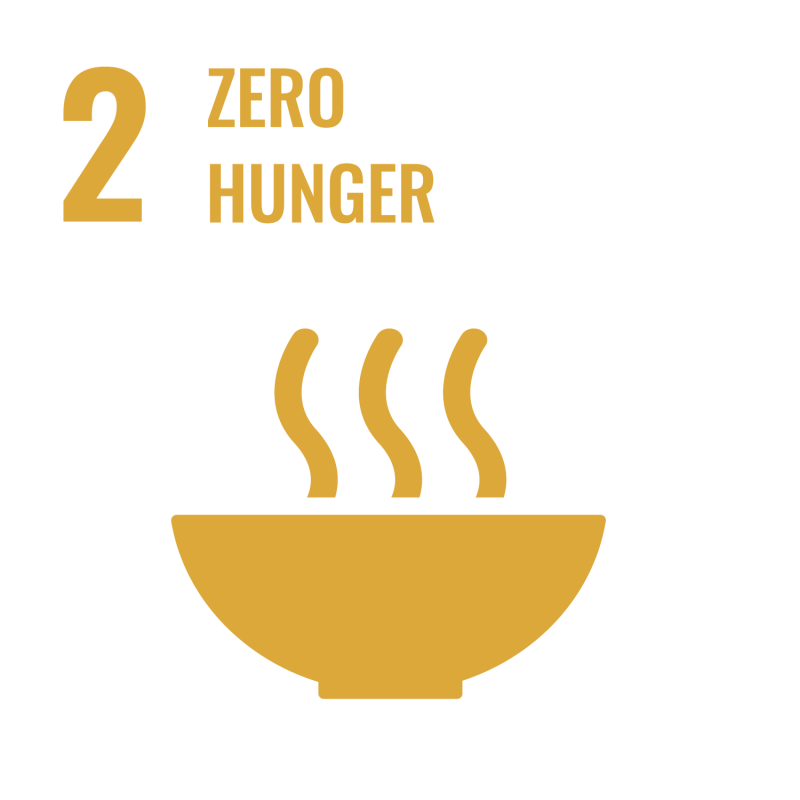
Clean water and sanitation
Water is a vital resource that needs to be managed. Water shortages could threaten the world’s food and energy production.
We want to contribute to this by recycling the water that emits from wet material when it is dried. The water is discharged in gaseous form, but if it is condensed it can be recycled in the plant. This streamlines water use and promotes a circular flow of water.

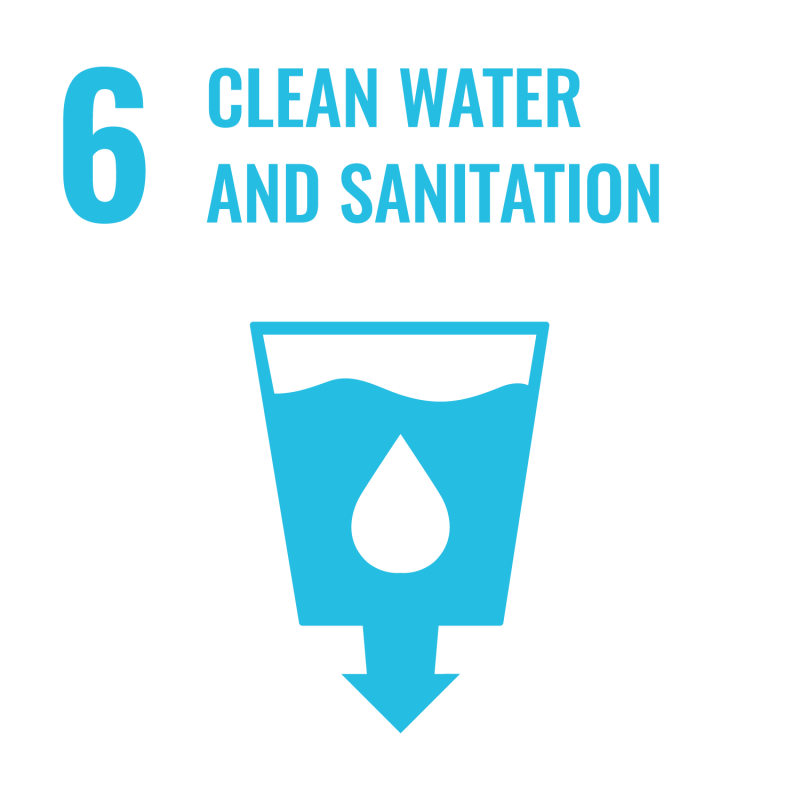
Responsible consumption and production
This goal means that we must reduce our ecological footprint by changing the way we produce and consume goods. This means that natural resources must be used responsibly.
We contribute to this goal with technology that can enable the natural resources to be used in a more responsible way by being reused or recycled. We achieve this by providing technology that dries the material and makes it last longer without degrading its properties. Residual products from Plant Based Food & Beverages usually still contain very valuable nutrients, such as fiber and protein, which makes it very suitable to continued use as food instead of using for feed or other areas. This streamlines food production and resource utilization.
We also want the technology to be as energy efficient as possible, which is why we integrate our solutions into the customer’s operations to be able to take advantage of waste heat and other flows that can streamline the drying process. An addition of waste heat to heat the air for drying has major effects on energy use.
Read more


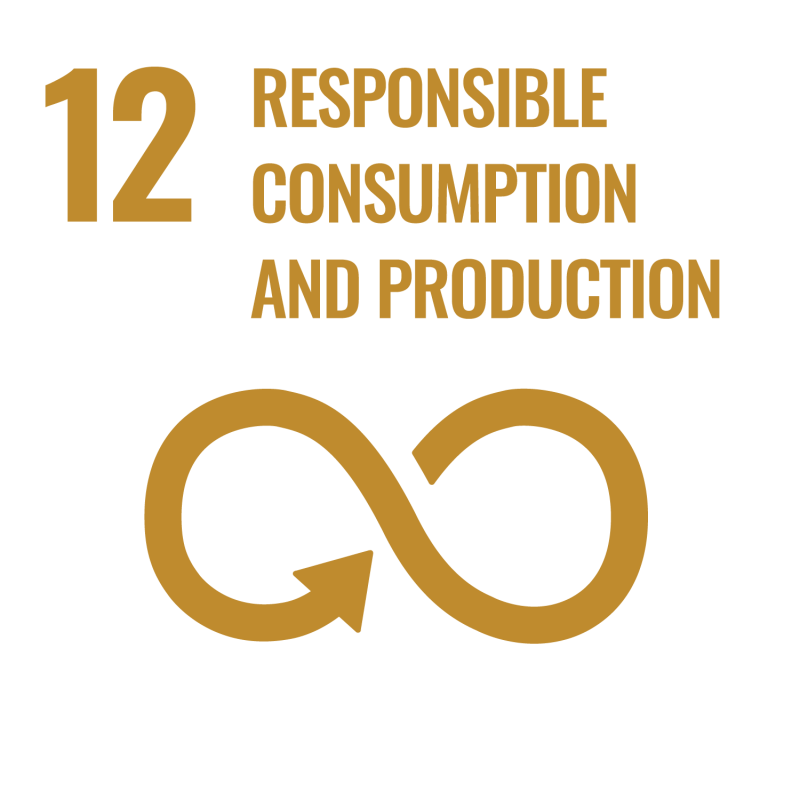
Climate action
Combating climate change means that we must reduce greenhouse gas emissions. Greenhouse gases contribute to a global warming of the climate and the goal is for greenhouse gases to decrease so much that heating is limited to 1.5 degrees Celsius. If the warming reaches above 2 degrees Celsius, this could have negative effects on ecosystems, water, health and more.
Our contribution to this goal lies in changing the use of residual products. By drying residual products, it can be used for more and often better things than before. For reOAT, the oatfiber material that comes from the production of oat drinks, the opportunities are great for reuse and getting back into the food chain through the production of new products, as a complement or replacement in existing food products. Compared with how it is often used today, as feed, an indirect effect of increased raw material utilization can reduce greenhouse gas emissions. This is obtained by using more of the raw material as food. That is, more efficient use of resources.
A dried material also has less volume and does not weigh as much as a wet one. This means that the transport’s emissions of greenhouse gases can be reduced as these can be made more efficient.
Read more


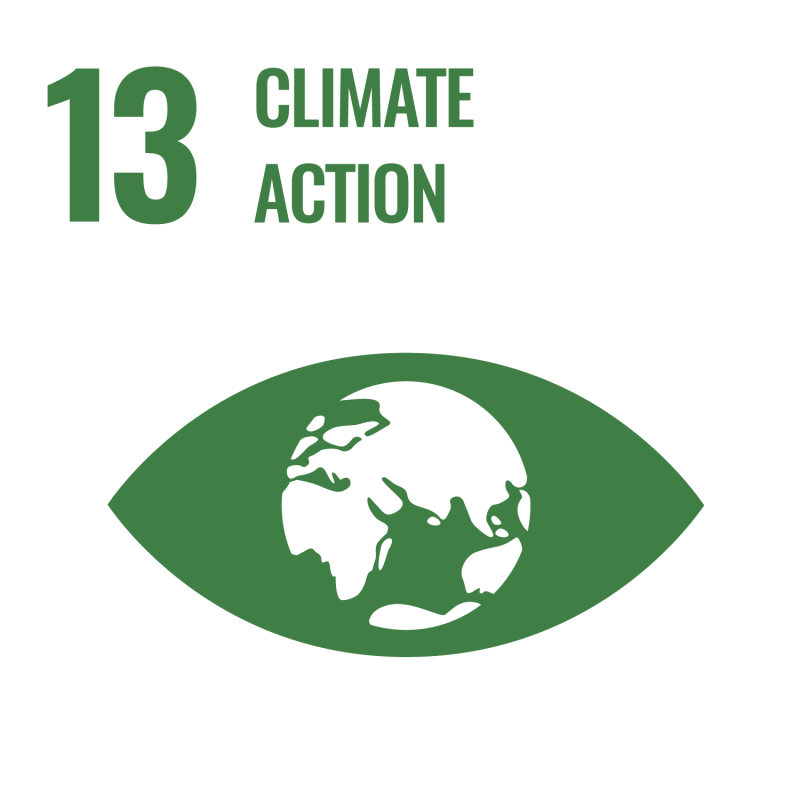
Life on land
This goal means the sustainable use of land-based ecosystems and the conservation of biodiversity.
To this end, we want to be able to increase the efficiency of agricultural land through increased resource utilization, which can lead to reduced deforestation, as agricultural land does not need to be expanded to the same extent. The forest is an important part of conserving biodiversity

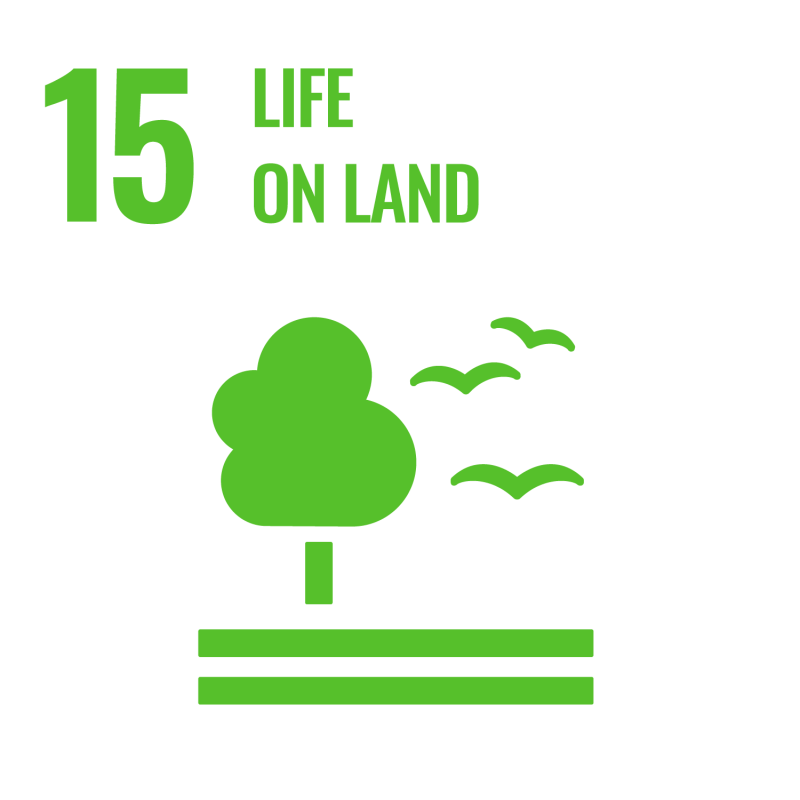
Support from the Swedish Environmental Protection Agency
For our project to enable a more circular society we were granted support from the Swedish Environmental Protection Agency. Elajo Technology Solutions received the support together with Oxelösund Municipality within the framework of Urban Innovations.
In total, we received SEK 1,325,000 in support from the Swedish Environmental Protection Agency. The money contributed to pilot tests at Oxelösund’s sewage treatment plant where the focus was on testing polymer-free drainage and drying.
In total, just over 50 projects received SEK 68 million from the Swedish Environmental Protection Agency. The projects cover several categories in urban development: Waste management, buildings and construction, digital tools, ecosystem services and cultivation, energy, transport and water and sewage.
Read more on naturvardsverket.se
Read more
